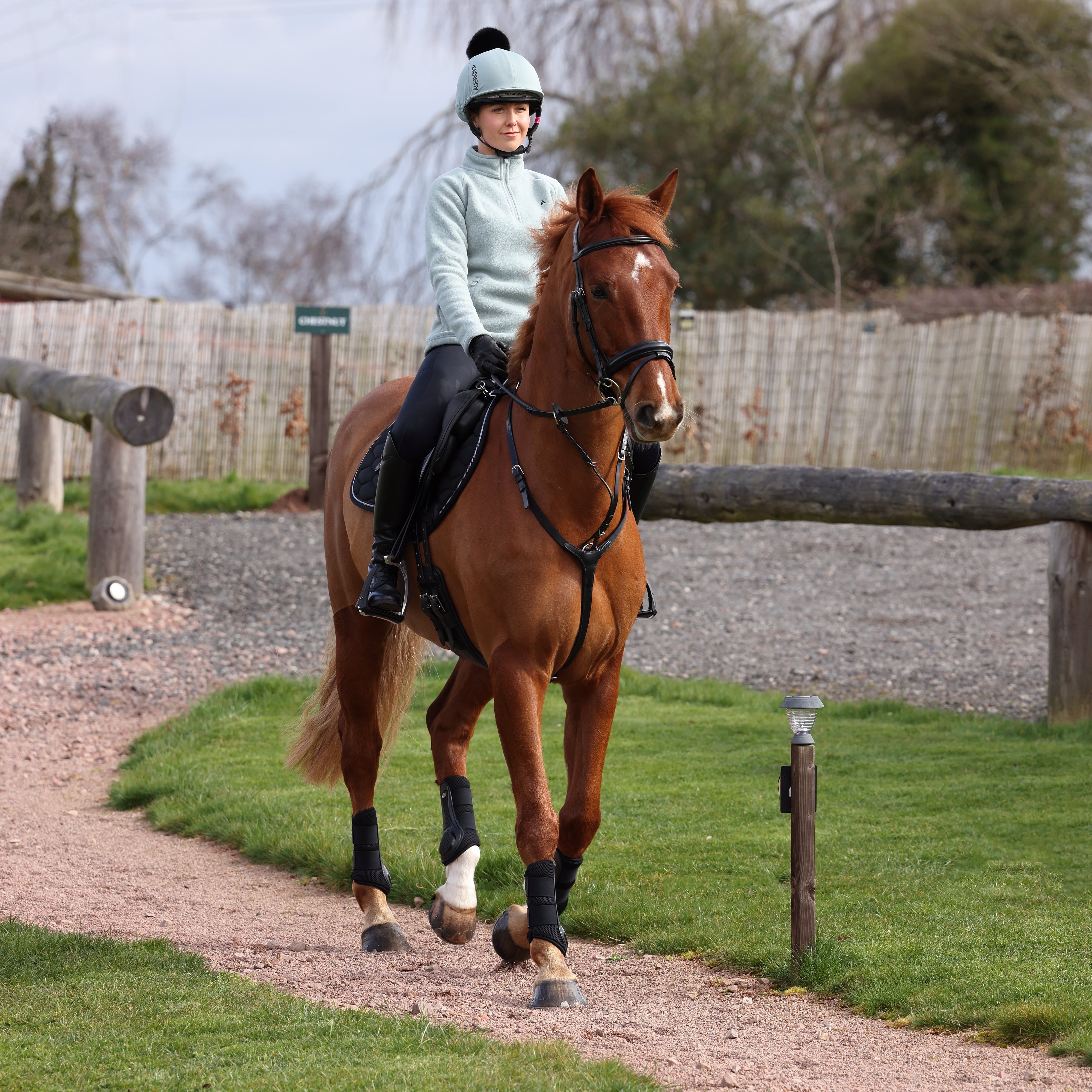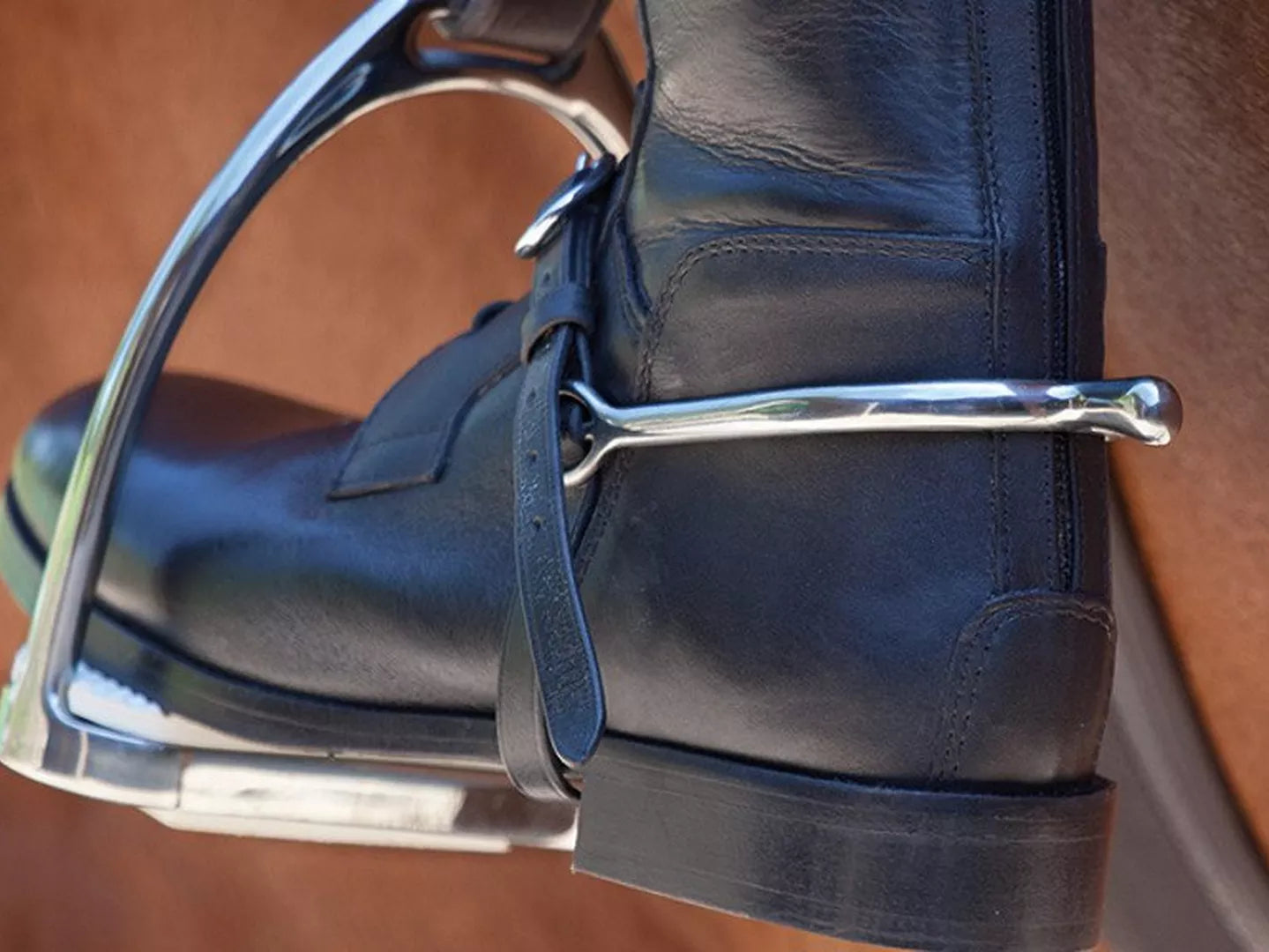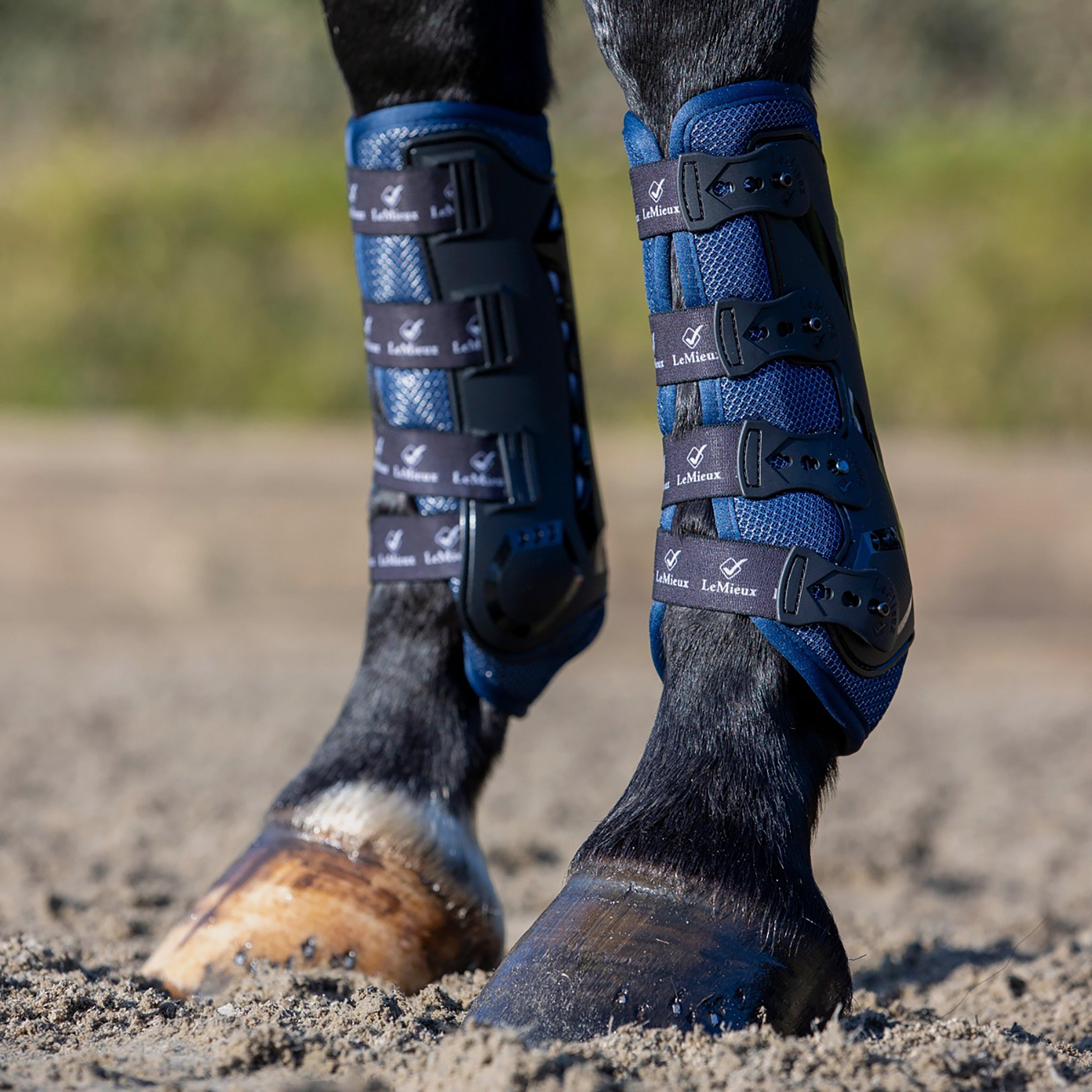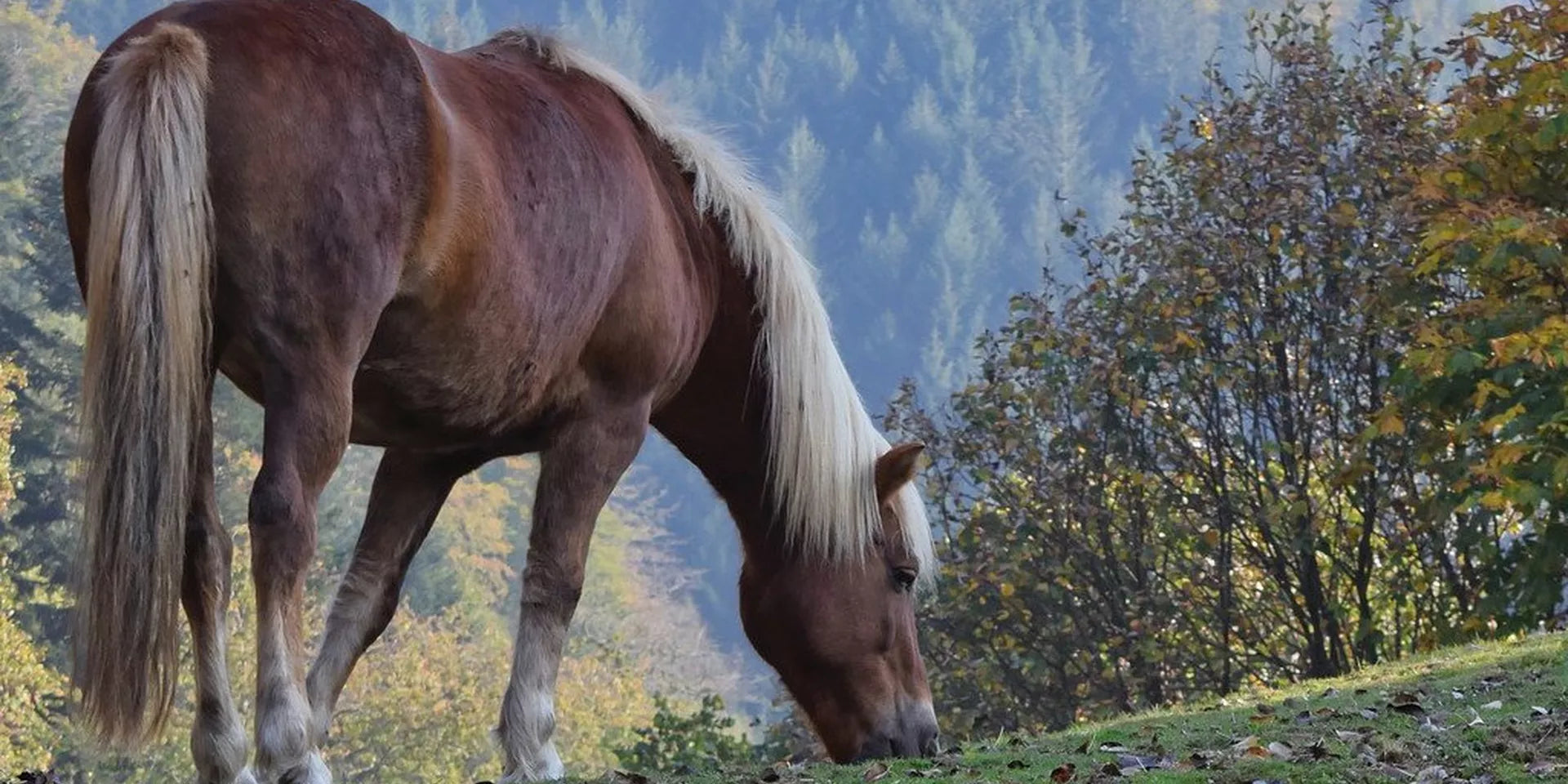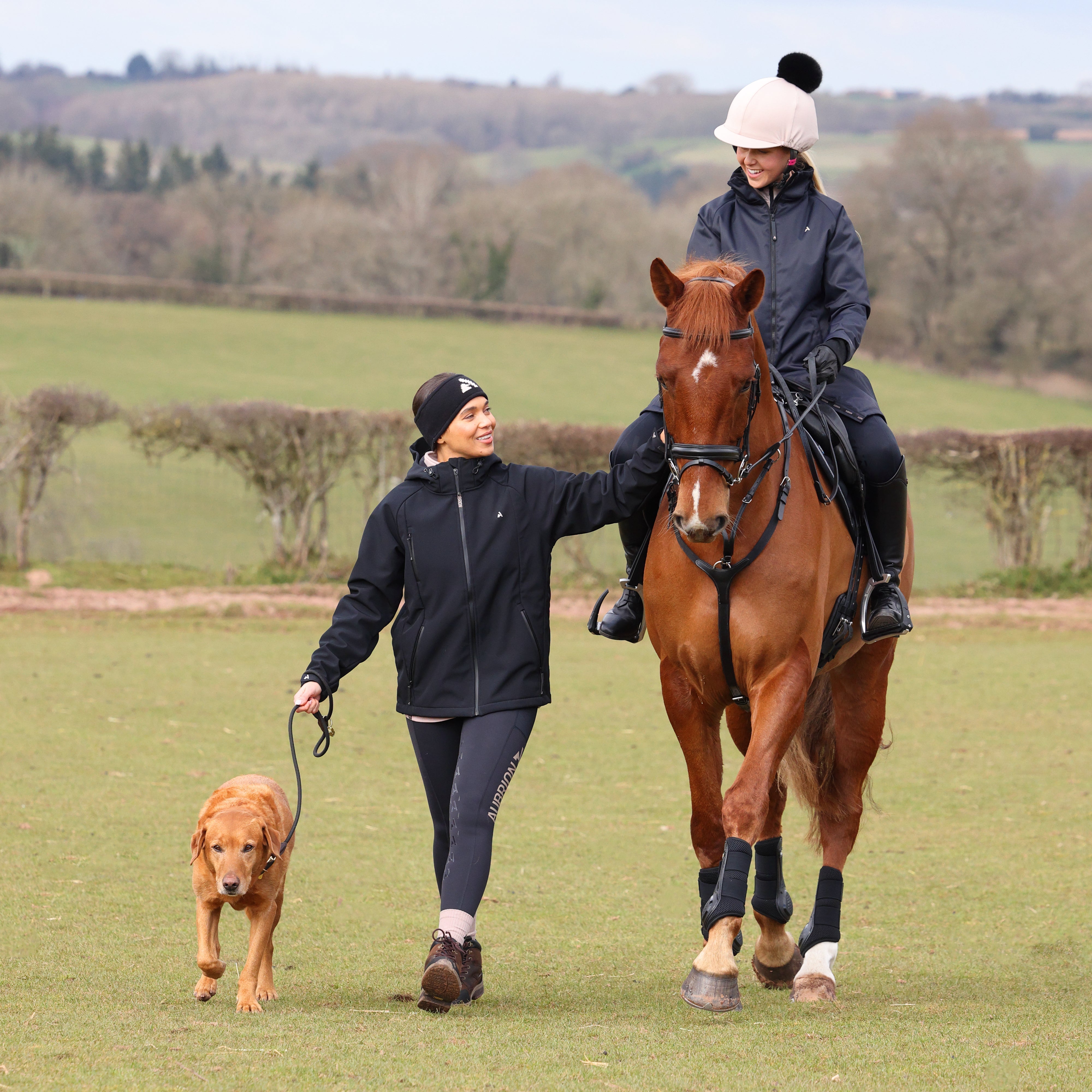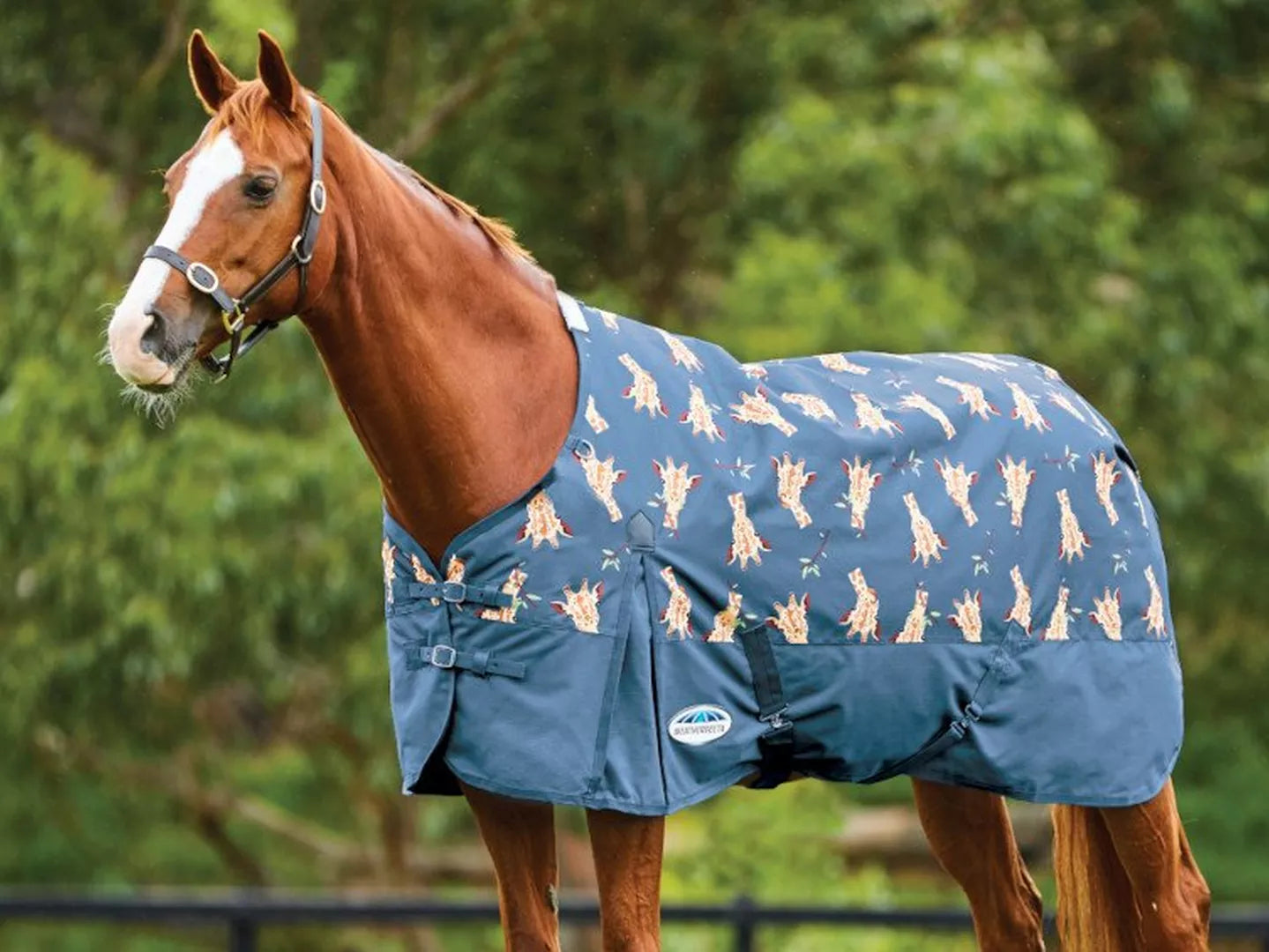Equine Dentist – Does Your Horse Need A Checkup?
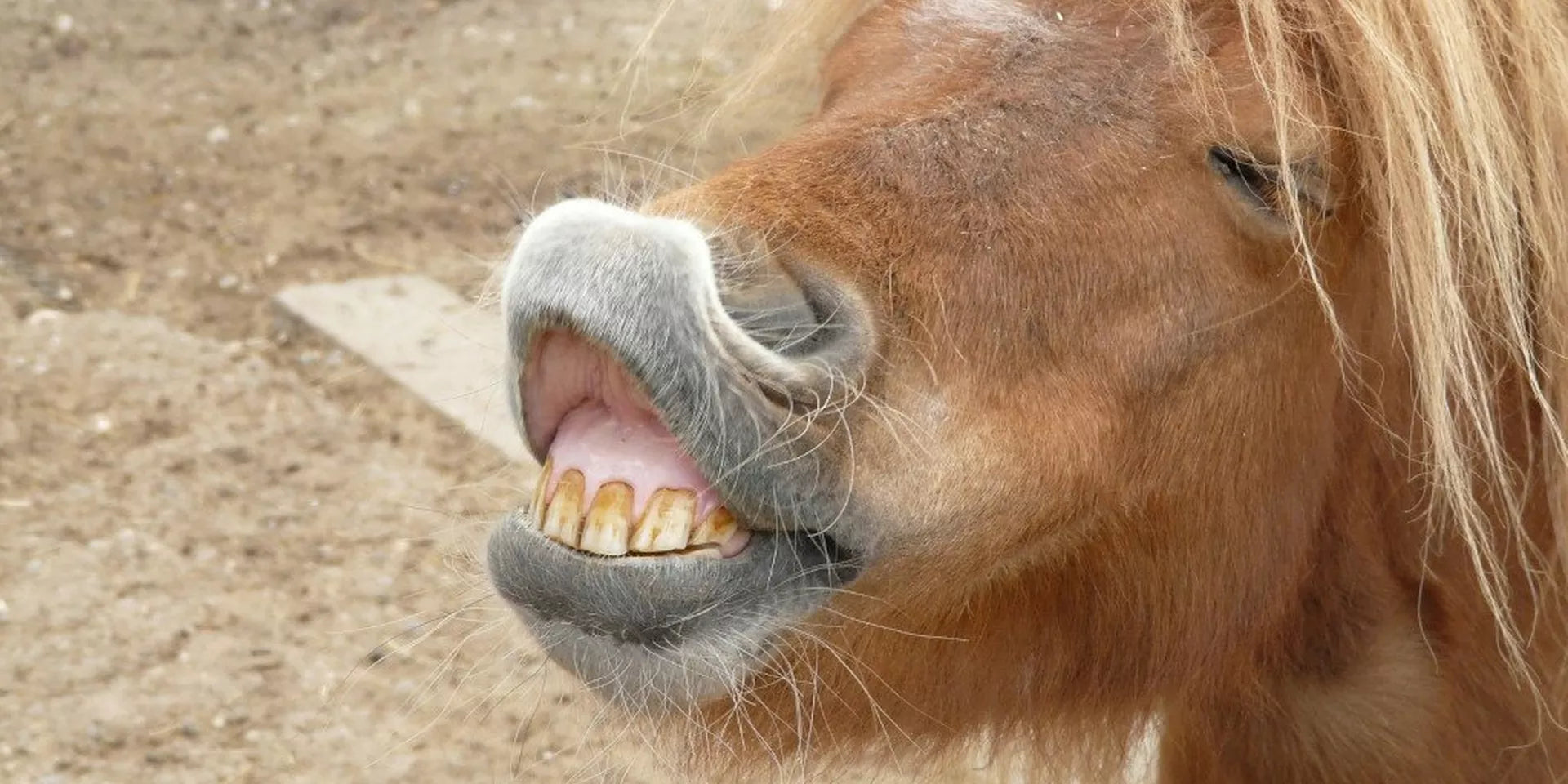
As owners, most of us really don’t know as much about our horse’s teeth as we should. Thankfully though, the information is out there, and you’ve just found it! Join us as we take a look inside the mouth of the horse. We’re going to cover all the basics from anatomy and common deformities to symptoms of discomfort and the importance of regular visits from an equine dentist. Sound good? Keep reading!
About The Mouth & Teeth

Unlike our own, our horse’s teeth grow continuously throughout their lifetime. This is because they spend the majority of their time eating, so it’s necessary to restore the biting and grinding surfaces that breakdown their food. What you might not know is that our horse’s upper jaw and lower jaw are different sizes! The upper jaw is wider, allowing them to comfortably chew in a circular motion. It’s therefore unsurprising that the wear on their teeth is more often than not uneven. While this is natural, it can cause sharp edges. Left unaddressed, these sharp edges press against their cheeks resulting in painful cuts and even ulcers.
Birth Defects
Some horse’s have a congenital deformity known as ‘parrot mouth’. While this is something that they’re born with, it might not be evident until they're between 1-6 months old. The equine equivalent of an overbite, this means that the upper jaw is longer than the lower jaw. The very opposite of parrot mouth, ‘pig mouth’ is where the lower jaw is longer than the upper jaw, essentially an under-bite.
The severity of these deformities determines how detrimental they are to a horses’ health. In mild cases, they don’t cause much of a problem, manageable through frequent dental check-ups. In severe cases though, it can make eating a slow and difficult process, requiring a specialist diet. Where the condition can’t be managed adequately, vets may suggest considering euthanasia, but this is very rare.

Wolf Teeth
Wolf teeth is the name we give to vestigial premolars. These sit just in front of the cheek teeth. A bit like wisdom teeth in humans, these aren’t really necessary. In fact, not all horses have them, but around 70% do. Horse’s aren’t born with wolf teeth. They usually emerge between the ages of 5 and 12 months. Because of their location, some people choose to have them removed. This can help to prevent them interfering with the bit when you’re riding.
Symptoms Of Discomfort

One of the first signs that your horse’s mouth is causing them discomfort is a change to their eating or drinking habits. In drastic cases, your horse may eat less or avoid eating all together. This can be harder to spot in horses turned out and may not be evident until they begin dropping weight. When our horses are reluctant to chew their forage properly, a ‘quid’ can be formed. This is a ball of partially chewed food that is either dropped or becomes lodged in the cheek. When they attempt to swallow a quid, it can cause a blockage leading to colic or choke. You may also notice that much like when we’ve got tooth ache, they become more sensitive to the temperature of their water, avoiding drinking when it’s cold.
In the worst cases bleeding and swelling of the guns may also be seen. This is a sure-fire sign of disease and infection.
More often than not though, the symptoms are much more mild than those above. Little changes such as dropping some of their food, holding their head slightly to one side or presenting poorly digested food in their faeces are often earlier indicators of a problem.
In ridden horses, it’s sometimes easier to identify discomfort. A horse whose teeth are causing them pain are unsurprisingly hesitant to work into the contact. This means they may avoid the bit or lean into one hand more than the other.
What does an equine dentist do?
First and foremost, an equine dentist will have a look around your horse’s mouth. This will enable them to evaluate the condition of their teeth, as well as identifying any damage, missing teeth or wolf teeth. They will then rasp your horse’s teeth using either a manual or electric rasp. This files down any sharp edges, helping to create a more level chewing surface.
How often does my horse need a visit from the equine dentist?
Time to get the equine dentist out? Just like jabs or visits from the farrier, dental appointments are a vital form of routine care. Most adult horses should be visited by the dentist yearly, providing they present none of the symptoms above in the meantime. The teeth of youngstock and veterans change much more drastically and rapidly, it is therefore suggested that they have a check-up every six months.
Finding An Equine Dentist
There's nothing more important to your horse's welfare than the ability to eat comfortably! It goes without saying therefore, choosing a properly qualified dentist to take care of your horse's teeth is vital. So, the first thing we'd recommend doing is paying a visit to The British Association Of Equine Dental Technicians (BAEDT) website. Here you can look for a fully qualified registered professional in your area. Failing this, contact your veterinary practice. Some veterinarians undertake additional training enabling them to complete check-ups and dental procedures. If they themselves don't offer these services, they may be able to refer you to a trusted partner.

Feeding For Poor Dentition
Whether your horse is a veteran with poor dentition, has recently had their wolf teeth out or has undergone extensive dental work, you may find they're reluctant to eat their usual forage and hard feed, especially if it requires lots of chewing. In these circumstances, it's really important to make sure that you're still getting plenty of fibre and energy into them, to prevent weight loss and keep their digestive system healthy.
To do this, try swapping out hay or haylage for short chopped chaff like Dengie Hi-Fi Lite or a fibre mash such as Allan & Page Fast Fibre. To ensure they're still getting plenty of calories and the right micro nutrients, add a soakable cube or pellet like Baileys No.24 Ease & Excel Cubes. You may also wish to add a powdered supplement like NAF General Purpose Supplement to prevent deficiencies where the diet isn't fully balanced.
We hope you've found this blog helpful.
